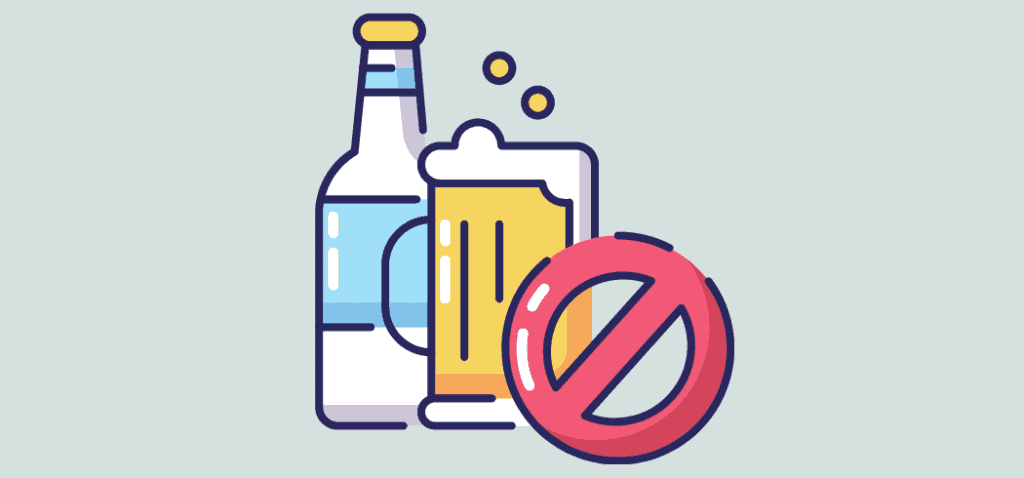When someone is on the wagon, it means they are abstaining from alcohol. But what is the story behind this idiomatic expression? As writers, we use idioms all the time.
Keep reading my simple explanation to learn the meaning and origin of the phrases on the wagon and off the wagon. I also provided several examples of how to use these idioms in a sentence.
Definition of ‘On the Wagon’
On the wagon is an informal phrase that means abstaining from drinking alcohol. If you’re on the wagon, you probably prefer drinking water, juice, or a milkshake.
It doesn’t refer to actual wagons, per se. It’s just a turn of phrase to describe doing well for a period of time but then giving in to temptation and having to start over.
Definition of “Off the Wagon’

The meaning of off the wagon is opposite to that of on the wagon. When someone falls off the wagon, it means they went back to drinking alcohol after a period of abstinence.
I wrote a series about an addict who struggled with her sobriety while fighting ancient Egyptian gods. When she gave in to weakness and drank alcohol, I described it as her falling off the wagon.
This expression is used for other destructive activities, such as smoking, drugs, binge eating, and more.
Origin of the Phrase ‘Off the Wagon’

The original expression is on the water wagon. Horses carried water wagons to sprinkle the streets and keep the dust off.
This phrase suggests that a person on the wagon drinks water instead of alcohol. That’s because they are using the services of these water vendors on wagons instead of going to their local pub.
Another theory about its origin is that men used to climb these wagons during Prohibition, taking an oath to give up alcohol. This phenomenon made the expression to be on the water wagon popular.
By 1904, on the water wagon was shortened to on the wagon with the same definition.
The phrase was used in the early 20th century by William Hamilton Anderson. He said, “No more falling off the water wagon. Uncle Sam will help you keep your pledge.”
BJ Taylor also used this idiom in Extra Dry (1906). He stated, “It is better to have been on and off the wagon than never to have been on at all.”
Here’s How to Use ‘Off the Wagon’ in a Sentence
- Kesha has been on the wagon since 2018 after being baptized in her new religion.
- Seeing your loved one go on and off the wagon is devastating. But there is hope available.
- You should go completely on the wagon if you don’t know the line between responsible social drinking and alcohol abuse.
- You cannot force someone falling off the wagon to stop their vices. The choice is up to them.
- Encouraging someone to open up about their personal problems can help them go on the wagon.
- I promise not to fall off the wagon again. I learned my lesson the hard way.
Learn More Idioms
Figurative language is a powerful tool if you use it correctly. Idioms show how simple phrases like on the wagon and off the wagon have rich origins behind them.
Remember that on the wagon means abstaining from alcohol. Off the wagon is the opposite, meaning going back to drinking alcohol. What other idioms do you want to learn about?
